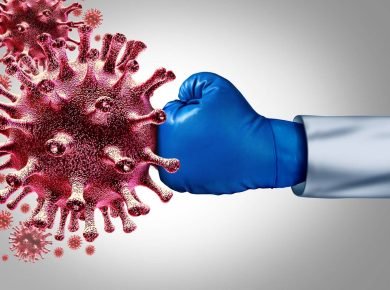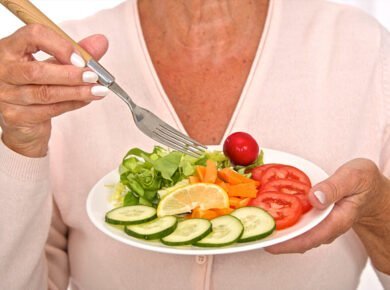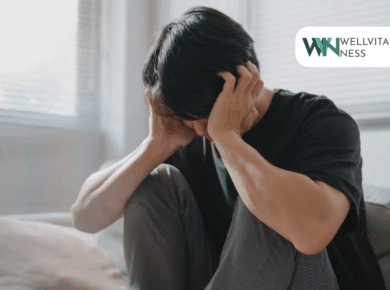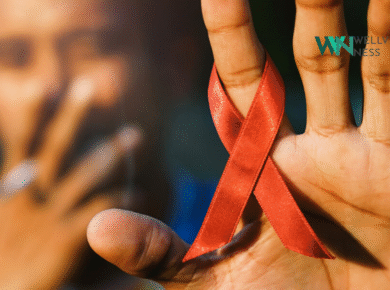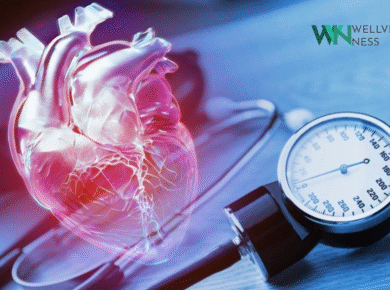Dark spots, also known as hyperpigmentation, can occur due to various reasons and affect individuals of all ages and skin types. Whether it’s sun exposure, hormonal changes, or skin injuries, identifying the root cause is essential for effective treatment.
Table of Contents
Understanding Dark Spots
Dark spots refer to areas of the skin that appear darker than the surrounding area. They can manifest in different forms, including age spots, sunspots, and melasma. These spots develop due to excess production of melanin, the pigment responsible for skin colour.
Causes of Dark Spots
Sun Exposure and UV Radiation
Prolonged exposure to sunlight is one of the primary culprits behind dark spots. UV radiation stimulates the production of melanin, leading to the formation of sunspots or freckles. Failure to protect the skin with sunscreen can exacerbate the problem.
Hormonal Changes
Fluctuations in hormone levels, particularly during pregnancy or menopause, can trigger the onset of dark spots. This condition, known as melasma, often presents as patches of hyperpigmentation on the face.
Skin Injuries and Inflammation
Injuries to the skin, such as acne scars or cuts, can prompt the overproduction of melanin, resulting in dark spots. Inflammation caused by conditions like eczema or psoriasis may also contribute to hyperpigmentation.
Genetics
Genetic predisposition can play a role in the development of dark spots. Individuals with a family history of hyperpigmentation may be more prone to experiencing this condition.
How to Identify Dark Spots
Dark spots are typically identified through visual inspection. However, it’s advisable to consult a dermatologist for an accurate diagnosis, especially if the spots are changing in size, shape, or colour.
Prevention of Dark Spots
Sun Protection Measures
Wearing sunscreen with a high SPF and seeking shade during peak sunlight hours can help prevent the formation of dark spots caused by sun exposure.
Hormonal Management
For individuals experiencing hormonal-related dark spots, consulting a healthcare professional for hormone therapy or contraceptive options may be beneficial in managing melasma.
Proper Skincare Routine
Adopting a skincare regimen that includes gentle cleansing, exfoliation, and moisturization can promote healthy skin and minimize the risk of developing dark spots.
Treatment Options for Dark Spots
Topical Treatments
Over-the-counter creams containing ingredients like hydroquinone, retinoids, or vitamin C can help fade dark spots over time by inhibiting melanin production.
Laser Therapy
Laser treatments, such as intense pulsed light (IPL) therapy or fractional laser resurfacing, target melanin pigments in the skin, effectively reducing the appearance of dark spots.
Chemical Peels
Chemical peels involve the application of a chemical solution to the skin, causing the outer layers to peel off gradually. This process can improve skin texture and diminish hyperpigmentation.
Microdermabrasion
Microdermabrasion uses a minimally abrasive instrument to gently exfoliate the skin, removing dead cells and stimulating collagen production. It can help lighten dark spots and improve overall skin tone.
Natural Remedies for Dark Spots
Lemon Juice
The citric acid in lemon juice has bleaching properties that can lighten dark spots over time. However, it’s essential to dilute lemon juice with water to prevent skin irritation.
Aloe Vera
Aloe vera gel contains compounds that can promote skin healing and reduce inflammation, making it an effective natural remedy for dark spots.
Green Tea Extract
Green tea is rich in antioxidants that can protect the skin from oxidative stress and help fade dark spots when applied topically or consumed orally.
Lifestyle Changes to Reduce Dark Spots
Diet Modifications
Eating a balanced diet rich in fruits, vegetables, and antioxidants can support skin health and reduce the risk of hyperpigmentation.
Stress Management
Practicing stress-reducing activities such as yoga, meditation, or deep breathing exercises can help regulate hormone levels and prevent stress-induced dark spots.
Regular Exercise
Engaging in regular physical activity improves blood circulation and promotes overall skin health, helping to prevent dark spots and other skin issues.
Conclusion, dark spots can be a source of frustration for many individuals, but understanding their causes and treatment options can help manage and prevent them effectively. By incorporating sun protection measures, maintaining a proper skincare routine, and seeking professional guidance when necessary, it’s possible to achieve clearer, more radiant skin.
FAQs (Frequently Asked Questions)
Q. How long does it take for dark spots to fade?
The timeframe for dark spots to fade varies depending on factors such as the underlying cause, treatment method, and individual skin response. In general, consistent treatment and proper skin care can lead to visible improvement over several weeks to months.
Q. Are dark spots harmful?
Dark spots themselves are typically harmless and pose no health risk. However, they can be a cosmetic concern for some individuals. It’s essential to monitor any changes in size, shape, or colour and consult a dermatologist if necessary.
Q. Can makeup worsen dark spots?
Certain makeup products, especially those with heavy coverage or harsh ingredients, can potentially exacerbate dark spots or cause further skin irritation. Opting for non-comedogenic and hypoallergenic formulas and removing makeup thoroughly before bedtime can help minimize this risk.
Q. Are dark spots preventable?
While it may not be possible to prevent dark spots entirely, adopting sun protection measures, managing hormonal fluctuations, and maintaining a healthy lifestyle can reduce the likelihood of their occurrence.
Q. Can dark spots be a sign of a more serious health issue?
In some cases, dark spots may indicate an underlying health condition, such as skin cancer or hormonal imbalance. It’s essential to monitor any changes in the appearance of dark spots and consult a healthcare professional for proper evaluation and diagnosis.
In the journey towards achieving clear, radiant skin, addressing dark spots is a significant step. By understanding their causes, implementing preventive measures, and exploring suitable treatment options, you can embark on a path towards brighter, blemish-free skin.








